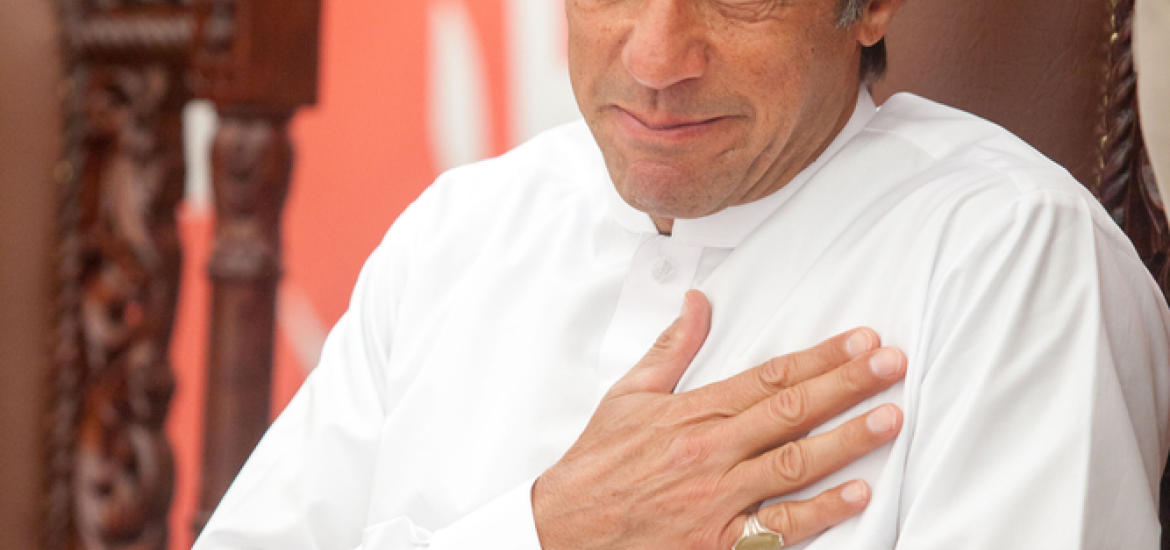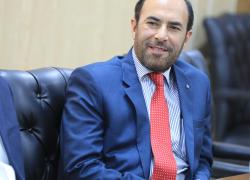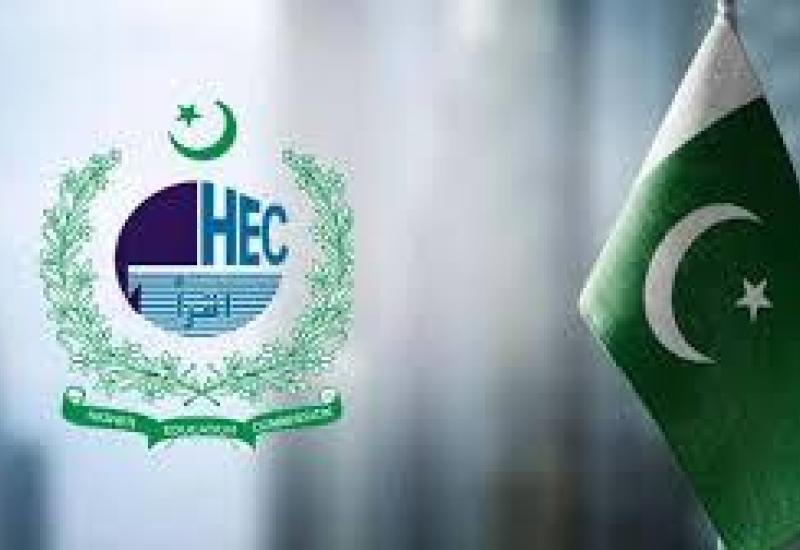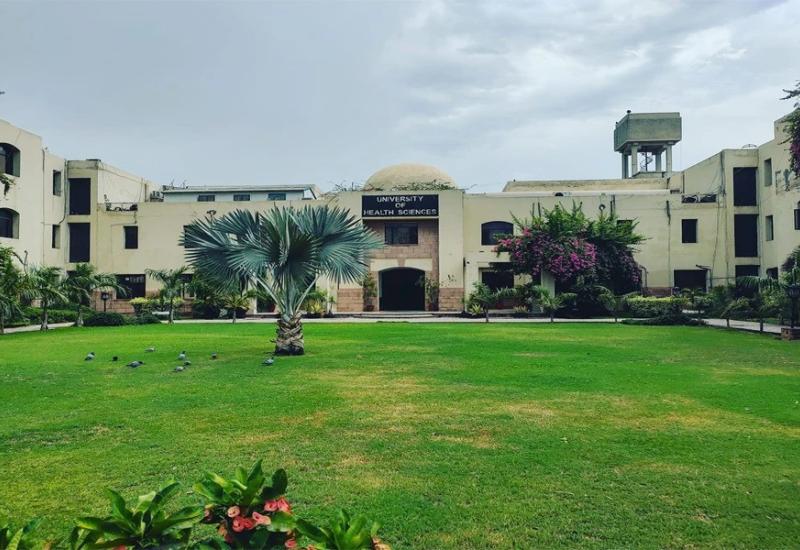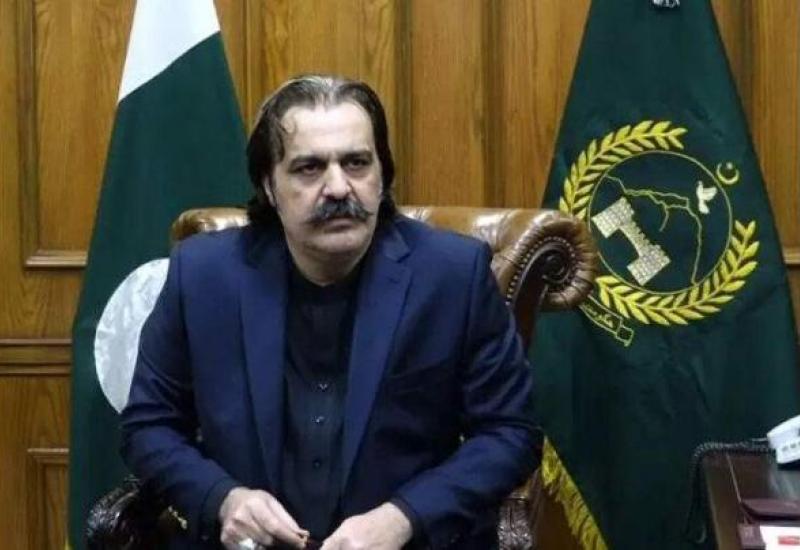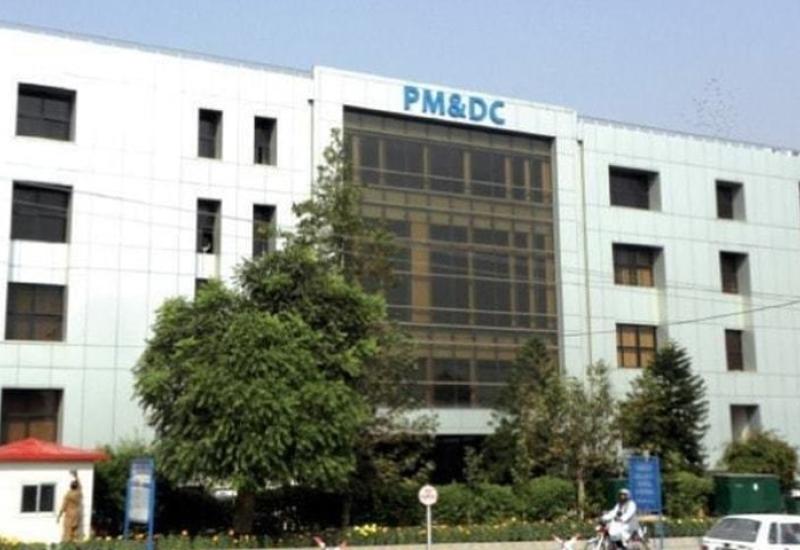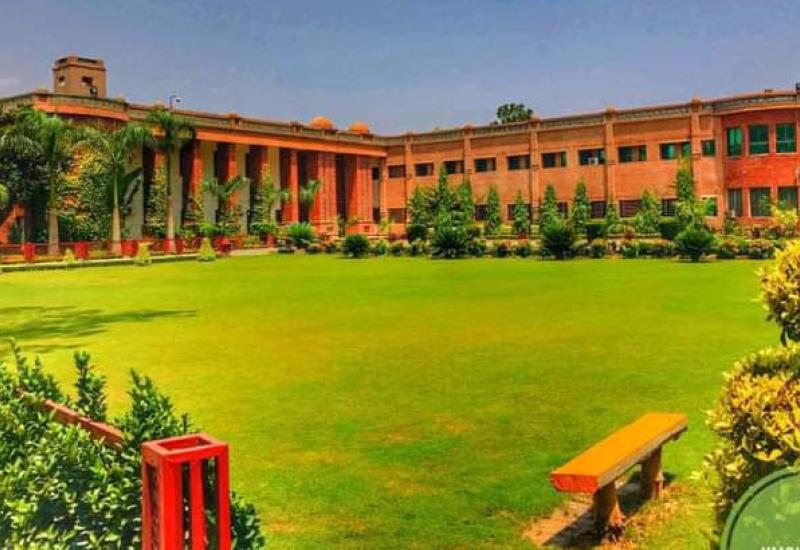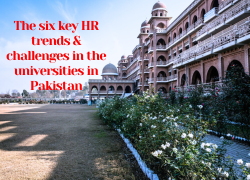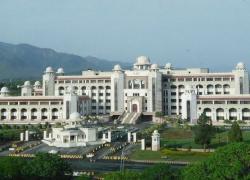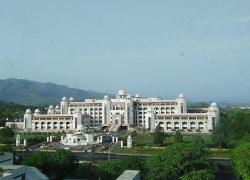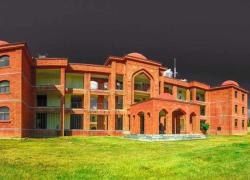The 05 key areas where the PTI government failed to deliver with respect to universities’ governance in Pakistan
In the previous blog post, ‘02 years performance of PTI Government and miserable condition of universities in Pakistan’, some of the major areas where the incumbent government flunked to deliver on, were listed. This blog post takes a much closer and deeper look at these important points.
1. The burgeoning financial crisis in the universities
Like the rest of the country, public sector universities, across the length and breadth of Khyber Pakhtunkhwa confront a tight financial situation. Since, the government stemmed the flow of much-needed funds to the HEIs, all schemes such as launching new academic programs, hiring new faculty, arranging workshops and conducting seminars have been impacted.
The financial crises started further deepening when the PTI government assumed office. It was stated earlier that only three universities in the province were facing a crunch, nevertheless, it has recently been revealed that almost all public sector universities with a very few exceptions are having serious financial difficulties.
Read More: Why the financial crisis is getting worse in the universities in Pakistan?
Some of the universities are on the brink of closure, others are unable to pay salaries to the employees and some did not have adequate money to pay utilities. Despite credible reassurances, necessary funding has not been made available to the higher education institutes and as a result, the situation deteriorated, during the last 2 years, to the extent that some of the universities have started thinking in terms of closing various academic programs till the situation ameliorates.
2. Appointment of regular Vice-Chancellors
The Vice-Chancellor, in the capacity of chief executive and principal accounting officer, has plentiful of obligations and numerous responsibilities to run the operational business of the universities. Being in the driving seat, he/she has a vital administrative as well academic role to play in uplifting the universities. In the absence, of a Vice-Chancellor, the academic as well administrative affairs come to a standstill in the respective HEIs.
A section of the print media recently revealed that the position of Vice-Chancellor in the province nine public sector universities are lying vacant depicting a lukewarm approach of the incumbent government towards higher education governance in the province.
The fiasco to make timely appointment of regular Vice-Chancellors and Pro-Vice-Chancellors in the universities, a defilement of the Khyber Pakhtunkhwa Universities’ Act paved the way for granting additional charge to the Vice-Chancellors of other universities. This again finds no legal backing in the said legislation.
3. Prevailing administrative vacuum
For effective operational management, there are a number of senior administrative positions that provide necessary support to the top academic leadership in the universities. These mainly include the positions of Registrar, Treasurer, Controller of Examinations etc. These are key management position having an important role in the smooth functioning of the universities. However, it has been revealed by the print media that at least twenty public sector universities are without a permanent Registrar whereas, twenty-three universities have no regular Controller of Examinations.
Similarly, the position of Treasurer is also vacant in many universities. These positions are mostly occupied by the teaching faculty, in a great many cases, in glaring violation of Section-17A of the Khyber Pakhtunkhwa Universities’ Act. In some cases, the universities could not advertise these positions as the statutes to that effect needing approval of the Senate which is not happening to be held regularly during the last 02 years.
4. Holding of the regular Senate meetings
The Senate, being the principal governing body, sets the strategic direction of the university. The Senate considers the annual report, strategic plan, annual statement of accounts, the budget and annual work plan and most importantly the Statutes of the universities. This body is reckoned as a strong forum for strengthening accountability, maintaining independent governance and executing authority in the public sector universities in Pakistan.
However, it is disheartening to note that despite a clear-cut provision in the Act, stipulating that the Senate shall meet at least twice in a calendar year, not a single meeting of the Senate of a number of universities has been held over the past two years. Probably this is why these universities are confronting serious administrative issues. The worthwhile among those is the approval of Budget, strategic plan and annual statement of accounts.
5. Establishment of provincial HEC
Reiterated by the PTI lawmakers that an independent and autonomous Higher Education Council shall be established in Khyber Pakhtunkhwa in line with 18th amendment, nevertheless, no marked development has been made in this respect. This Council is intended to look after the subject of higher education, divert the flow of funds, ensure financial discipline and maintain quality audit in the HEIs. Other provinces such as Punjab and Sind have already established their Provincial HEC and functioning smoothly, however, Khyber Pakhtunkhwa falls far behind, on that account too.
Proposed amendments in the Khyber Pakhtunkhwa Universities’ Act
On a positive side, various amendments in the Khyber Pakhtunkhwa Universities’ Act are in the offing. The Higher Education Department, Government of Khyber Pakhtunkhwa has already started consultation with stakeholders with regard to the proposed amendments. The Department has also started a broad-based consultative process, in order to obtain valuable input from the stakeholders.
Read More: How the 05 important things will change the dynamics of universities’ governance?
All the Vice-Chancellors of public sector universities have been apprised. This is intended to cultivate a fair, objective and unbiased approach towards reforms in the universities’ overall governance system. Ordinarily, this has never been done in the past. This is encouraging and needs due admiration.
Conclusion
This brief review of the two years performance of PTI Government with prime focus on universities was not aimed at lambasting the incumbent government for it functioning but to highlight the predicament of the institutes of higher education and to remind the top leadership about its commitment to invigorate the higher education sector in the country.

